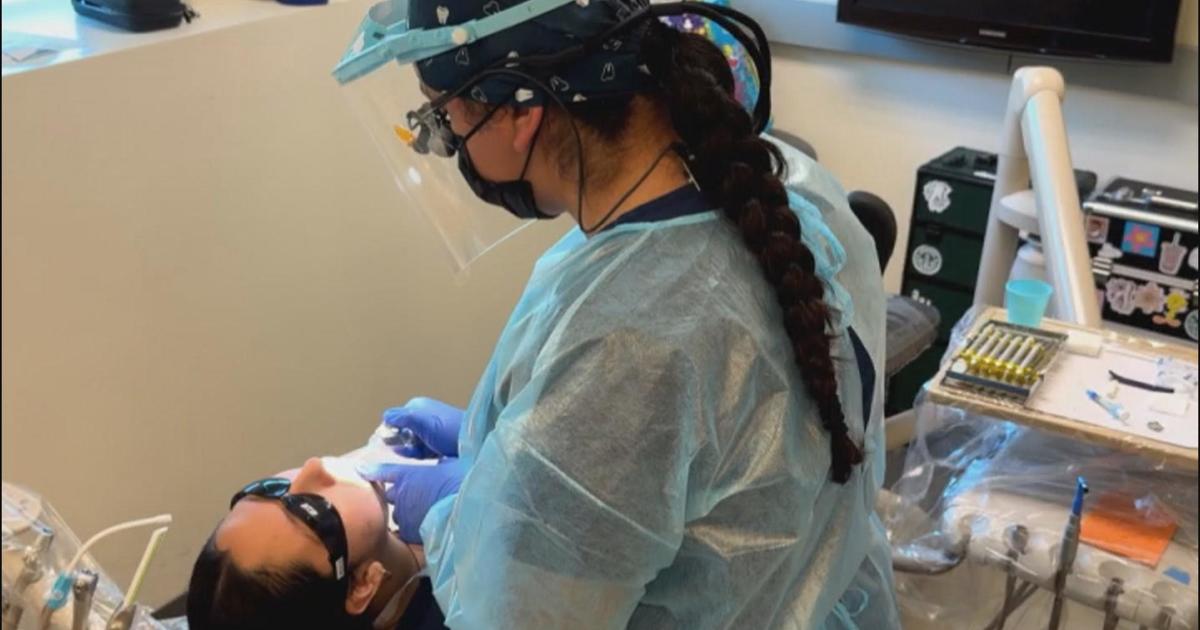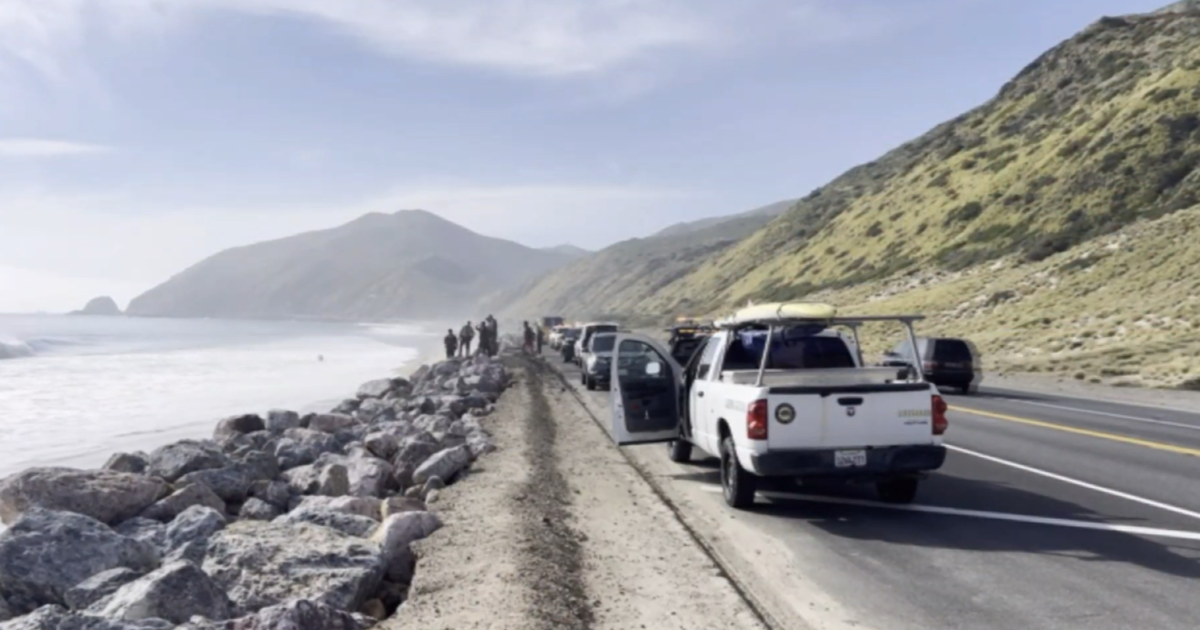What To Do During Electrical Emergencies
Electrical Fires
Fires that involve electrical appliances, outlets, or cords are different than other fires. Because water conducts electricity, throwing water on an electrical fire can cause the fire to get larger. Here is what to do:
- NEVER use water on an electrical fire.
- Tell an adult right away. If the fire can be put out safely, the adult should use a proper chemical fire extinguisher.
- If the fire cannot be put out safely, leave the house and do NOT go back inside.
- Call 911 and tell them it is an electrical fire. Give your address if they ask for it
Electric Shock
If someone has been shocked, there's a chance they may still be in contact with the source of the electricity. Do NOT touch the person or anything he or she is touching. You could become part of electricity's path and be shocked or even killed! Take these three steps:
- Call 911 and tell them it is an electrical accident. Give your address if they ask for it.
- When the victim is not in contact with the source of electricity and you're sure there is no danger, tell an adult to give first aid for electrical injury. This may include CPR.
- Don't touch burns, break blisters, or remove burned clothing. Electrical shock may cause burns inside the body, so be sure the person is taken to a doctor.
Downed Power Lines
Downed power lines can hurt or kill you, even if they do not spark or hum. If you see a downed power line, stay very far away. Do not even get close to anything that is touching the line, like a tree, fence, vehicle, etc. Tell an adult to call 911 and the local electric utility to report the line.
If a Power Line Touches Your Car
If you are in a car when a power line falls on it, STAY IN THE CAR.
- Warn other people to stay away. Ask them to call 911 and the local electric utility for help.
- Stay there until rescue workers arrive. You are safer inside the car because the rubber tires help prevent electricity from going to the ground.
- If you must leave the car because of fire or other danger, DO NOT STEP OUT of the car. If you touch the car and the ground at the same time, you will be shocked. Instead, JUMP away from the car so no part of you touches the car and the ground at the same time. Land with your feet together, and shuffle away keeping both feet on the ground.
- Do not try to help someone else from the car while you are standing on the ground. If you do, you will become a path for electricity and could be hurt or killed!
Once you jump from a car with a power line on it, the danger may not be over. Electricity can spread out through the ground in a circle from any downed line. The voltage drops as you move away from the point of contact. If one part of your body touches a high-voltage zone while another part of your body touches a low-voltage zone, you will become a conductor for electricity. This is why you should shuffle away from the line, keeping your feet close together.
Power Outages
Ask your parents or a trusted adult to help you make a safety kit. Put the items below in your kit to keep your family comfortable during a power outage. Replace batteries, food, and water once a year. Make sure everyone in your family knows where the kit is stored.
- Flashlights
- A battery-powered radio
- Extra batteries for flashlights and radio
- A three-day supply of bottled water
- Canned and dried foods
- Manual can opener
- Blankets
- First aid supplies
Do you know what to do during a power outage? Print this checklist and keep it in a convenient spot so you can find it easily if your power goes off.
Lightning
If a storm is coming or under way, stay indoors. Lightning can travel through wires and pipes, so keep away from windows, wiring, and plumbing. Stay indoors for 30 minutes or more after you hear the last thunder.
If you are outside when a storm comes, go indoors. You are safest in an enclosed building.
If you can't get indoors:
- Get into a hardtop car, not an open vehicle. Close the windows.
- Avoid trees, tall objects, and anything metal, such as flagpoles, metal bleachers, golf clubs, tall light poles, etc.
- Avoid rivers, lakes, and swimming pools. If you are boating, head to shore.
- Avoid wide-open areas, including sports fields.



